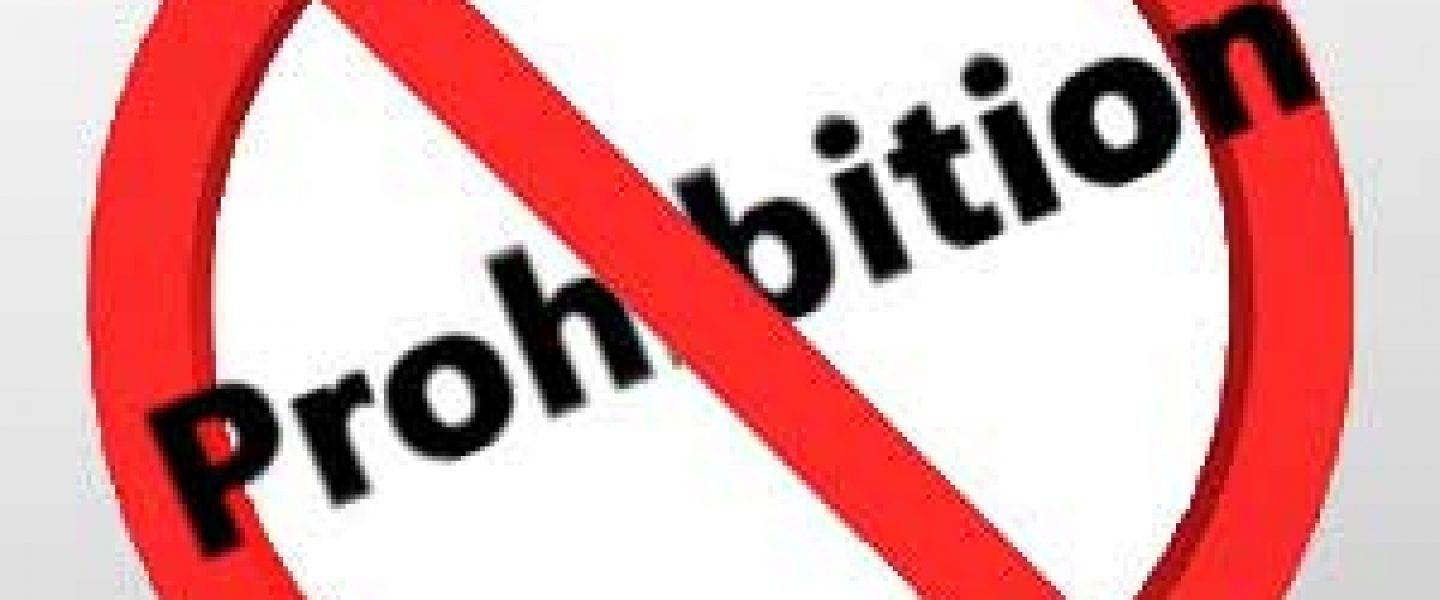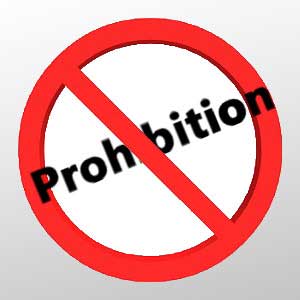Next Monday, we will commemorate the birthday of Martin Luther King, Jr., and his role in dismantling the Jim Crow system of racial segregation in the South. Although the United States has clearly made substantial progress on civil rights since King’s assassination in 1968, the occasion presents an important opportunity to reflect on the struggles for liberty, equality, and justice that are still before us.
I do not believe it is an exaggeration to call the war on drugs — which is disproportionately a war on cannabis — the greatest threat to our rights as Americans. This war violates every single freedom spelled out in our Bill of Rights.
Our First Amendment rights to freedom of speech are violated when public facilities refuse to allow us to hold events because they fear what we have to say. (However, they have always relented once they are contacted by civil liberties attorneys informing them of their legal obligation to serve as a public forum.) We have also exposed drug task forces that obstruct freedom of the press by refusing to release public records. And perhaps most infamously, the city of Springfield attempted to deny its citizens the right to petition on this issue because they thought it was a waste of time.
Individuals convicted of cannabis offenses can lose their Second Amendment right to keep and bear arms — sometimes permanently.
The Third Amendment prevents the forcible quartering of soldiers in peace time, and author Radley Balko has persuasively argued that this amendment grew out of the Founders’ resistance to a standing army that would be used in domestic policing. Yet, today, militarized police units frequently kick in our doors to enforce anti-cannabis laws.
Our Fourth Amendment protections against unreasonable searches and seizures have been obliterated when probable cause is granted any time a police officer — whether human or canine — claims to smell marijuana.
The Fifth Amendment should protect us from losing our property without due process of law, but civil asset forfeiture laws allow the government to take property merely on the suspicion that it was involved with the drug trade.
Our right to a trial by jury guaranteed in both the Sixth and Seventh Amendments is jeopardized by the avalanche of drug cases that clog the court system. Instead, prosecutors use extremely harsh maximum sentences to wring plea bargains out of defendants in 95 percent of cases.
Speaking of harsh sentences, laws such as Missouri’s (soon to be repealed) prior and persistent drug offender statute allow what many Americans would consider to be “cruel and unusual punishment” despite the Eighth Amendment’s protection against such overreach. For instance, Jeff Mizanskey’s sentence of life without parole for a non-violent cannabis offense seems to be clearly both cruel and unusual.
Finally, the Ninth and Tenth Amendments were written into the Bill of Rights to prevent the federal government from imposing its will on the states and their peoples, yet the federal government has interfered with states that chose to reform their cannabis laws for the past two decades.
Moreover, the war against cannabis is disproportionately waged on those with the least ability to fight back. Cannabis prohibition was originally designed to target blacks and Hispanics, two traditional outgroups in American politics. That pattern of discrimination persists today. The ACLU has documented the racial disparities in cannabis law enforcement, with blacks nearly four times more likely to be arrested for marijuana than whites, despite similar use rates.
But the inequities extend beyond race. Our prohibitionist laws also criminalize the sick and dying, who need access to medical cannabis to maintain a reasonable quality of life. These laws punish the most vulnerable members of our society for simply doing what they must to survive. This is not the sign of a free, equitable, or just society.
Make no mistake: This cause is not some peripheral issue; it goes to the very heart of what it means to be an American and a free human being.
And we have it within our power to right this wrong. However, as King wrote as he sat imprisoned in a jail cell in Birmingham, Alabama, “We know through painful experience that freedom is never voluntarily given by the oppressor; it must be demanded by the oppressed.”
There are a number of ways that we can demand freedom from our oppressors — some easy, some difficult — and I hope you will do as many of them as possible:
- Talk to your friends and family about why this issue is important to you. That can be as simple as sharing articles like this through email, Facebook, Twitter, etc.
- Express your support for cannabis law reform to your elected officials. You can send your state representative and senator an email right now from our website explaining why you support medical cannabis, industrial hemp, and cannabis legalization! If you are interested in speaking to your legislators more directly, please email me at [email protected], and I will happily add you to our list of constituents who want to travel with us to the Capitol.
- Make a contribution to Show-Me Cannabis that will allow us to continue our work and spread our message to more Missourians every day! For example, a contribution of $20 will allow us to purchase two radio ads on KSHE, one of the largest radio stations in the state, which will reach thousands of Missourians.
Last week, I announced a fundraising goal for January of $50,000, and supporters like you responded with nearly $25,000 in contributions since then. Those resources are exactly what we will need to demand our freedom at the Capitol during this legislative session.
To continue building on that success and to commemorate the contributions of Martin Luther King, Jr. to the cause of human freedom, we will be holding the Demand Your Civil Rights Money Bomb. From this Friday, January 16, to Monday, January 19, we aim to raise $10,000 to continue the fight to end cannabis prohibition and ensure that, someday, no one will be thrown in a cage for possessing a plant.
One of the important lessons from King’s life — as well as the lives of America’s freedom fighters down through the generations — is that the realm of liberty and justice can be expanded but not without the hard work and sacrifice of those who believe in it. The American experiment rests upon their blood, sweat, and tears for — as another of my American heroes wrote — “Tyranny, like hell, is not easily conquered; yet we have this consolation with us, that the harder the conflict, the more glorious the triumph.”
Source: Show Me Cannabis



























